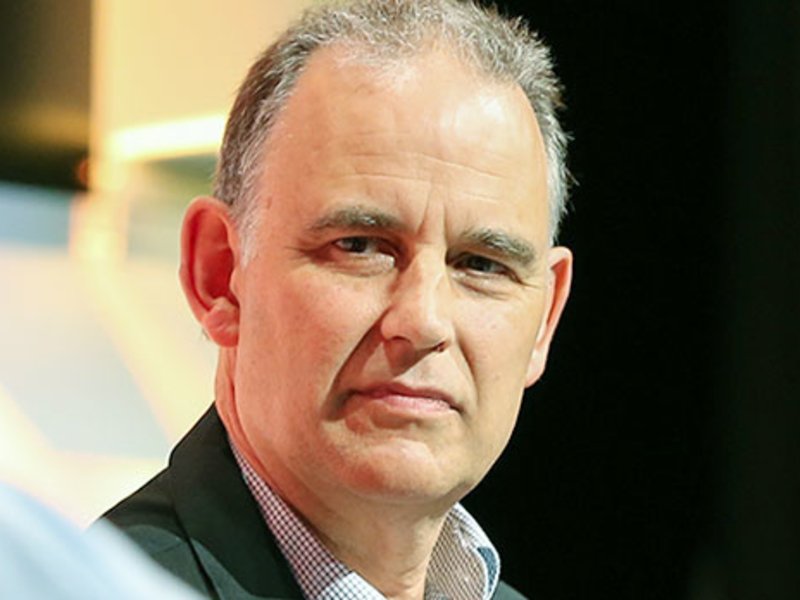
History only goes so far in repeating itself.
Two fifth-generation members of the Ford family were nominated to the Ford Motor Co. board this month. Alexandra Ford English, daughter of Executive Chairman Bill Ford Jr., and Henry Ford III, son of retiring board member Edsel Ford II, stand in line to become directors after May’s annual meeting.
Yes, they are about the same age their fathers were when they were named directors in 1988. But there’s a world of difference between their situations.
Significantly, Ford English, 33, will be the fourth woman and one of three family members on a 14-director board. There were no women among 20 — three of them Fords — in 1988.
Ford English has been with the company for only four years. She took her Harvard MBA (Stanford undergrad) outside the auto industry before joining Ford’s Autonomous Vehicles unit. She’s now a corporate strategy director.
She is also Ford’s representative on the board of Rivian, the electric vehicle maker that Ford invested $500 million in two years ago.
Henry III, 40, has been with Ford since 2006. Like Bill Ford, he has a graduate degree from MIT (Dartmouth undergrad). He has worked in labor relations, purchasing, marketing and corporate strategy. He currently is a director on Ford’s investor relations staff.
Both of them have avoided the type of headlines that followed Bill and Edsel through their 20s and 30s. When Edsel was sent to manage Australian operations in 1978, at age 29, Automotive News said it was all a matter of when, not if, he would run the company someday.
And those January 1988 board appointments, initially at least, served as more of a frustration than a catapult. A year later, Fortune magazine shook the auto world with a cover story that quoted the cousins saying they were being treated as second-class citizens as directors.
It was a different era. In 1988, Henry Ford II had just died, and CEO Don Petersen was trying to prove that merit mattered more than pedigree at what was then a giddily prosperous car company. Seven CEOs not named Ford have followed. Bill Ford, chief executive in 2001-06, has been the only modern exception.
And one of his greatest achievements to date was replacing himself with Alan Mulally, who masterfully steered the company through the Great Recession.
Now, at 63 and closer to the end of his own road, Bill Ford has two main objectives.
One is to preserve the family interest in a 118-year-old company. The Ford family still maintains a 40 percent voting stake through special Class B shares.
The other is to make sure the automaker thrives as it navigates its way into an era of electrification and autonomy.
Bill Ford made it clear that the rookies on the board will provide something that the incumbents — all but one above 60 — can’t.
“As we’re changing as a company, and we’re changing dramatically, their fresh perspective and, frankly, their younger perspective, will be something that will be additive,” he said.
Should he be inclined to offer counsel to his daughter and Henry, he might be served by reflecting on the humility and assertiveness that echoed through words he shared with me in 1988, just after being named to the board.
“We’re not going to be wallflowers,” he said then, referring to himself and his cousin.
“What’s helped both of us is that we have established a great deal of credibility in that we take our jobs seriously and we don’t cash in on the fact that we are family members.”

